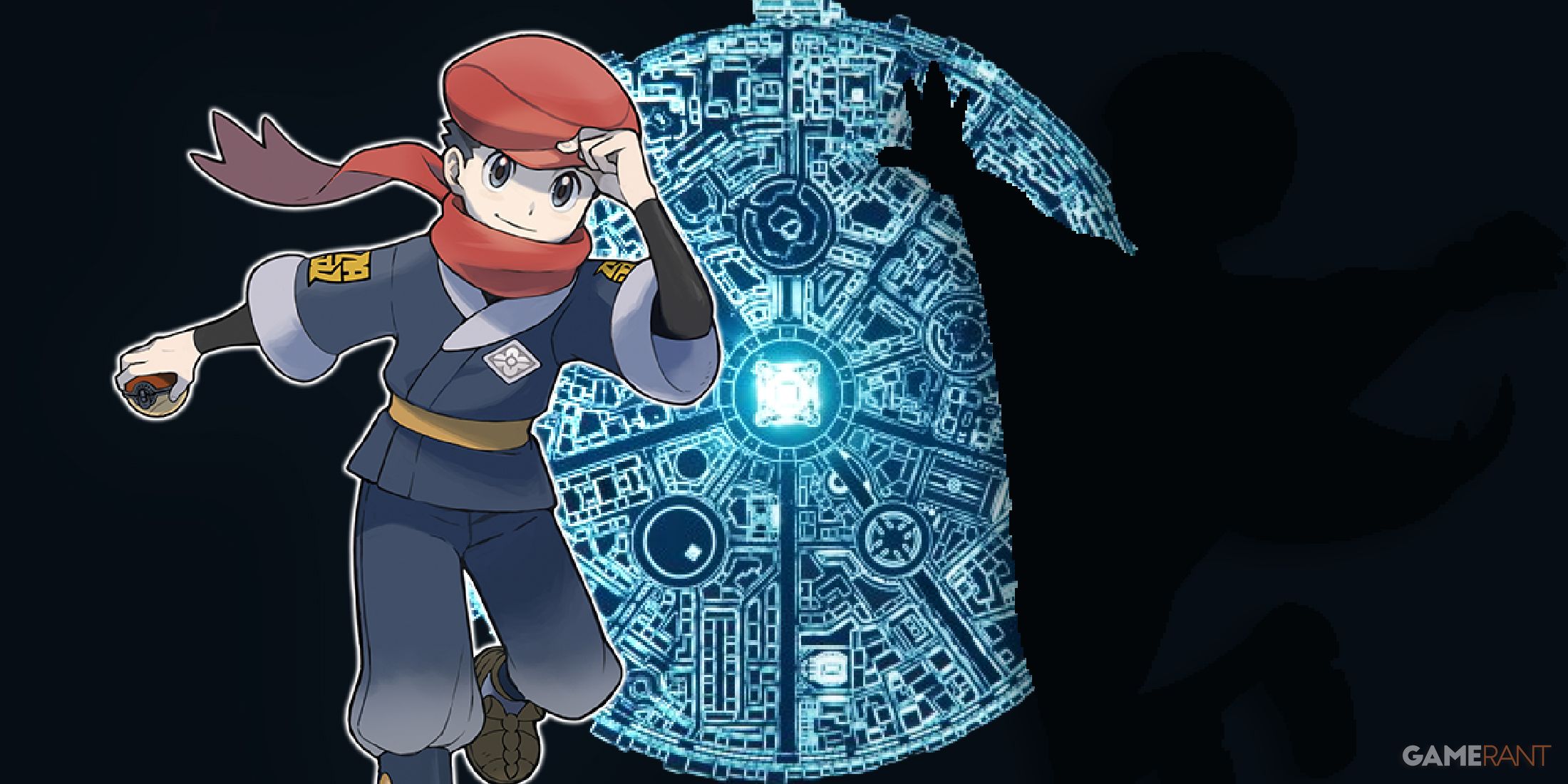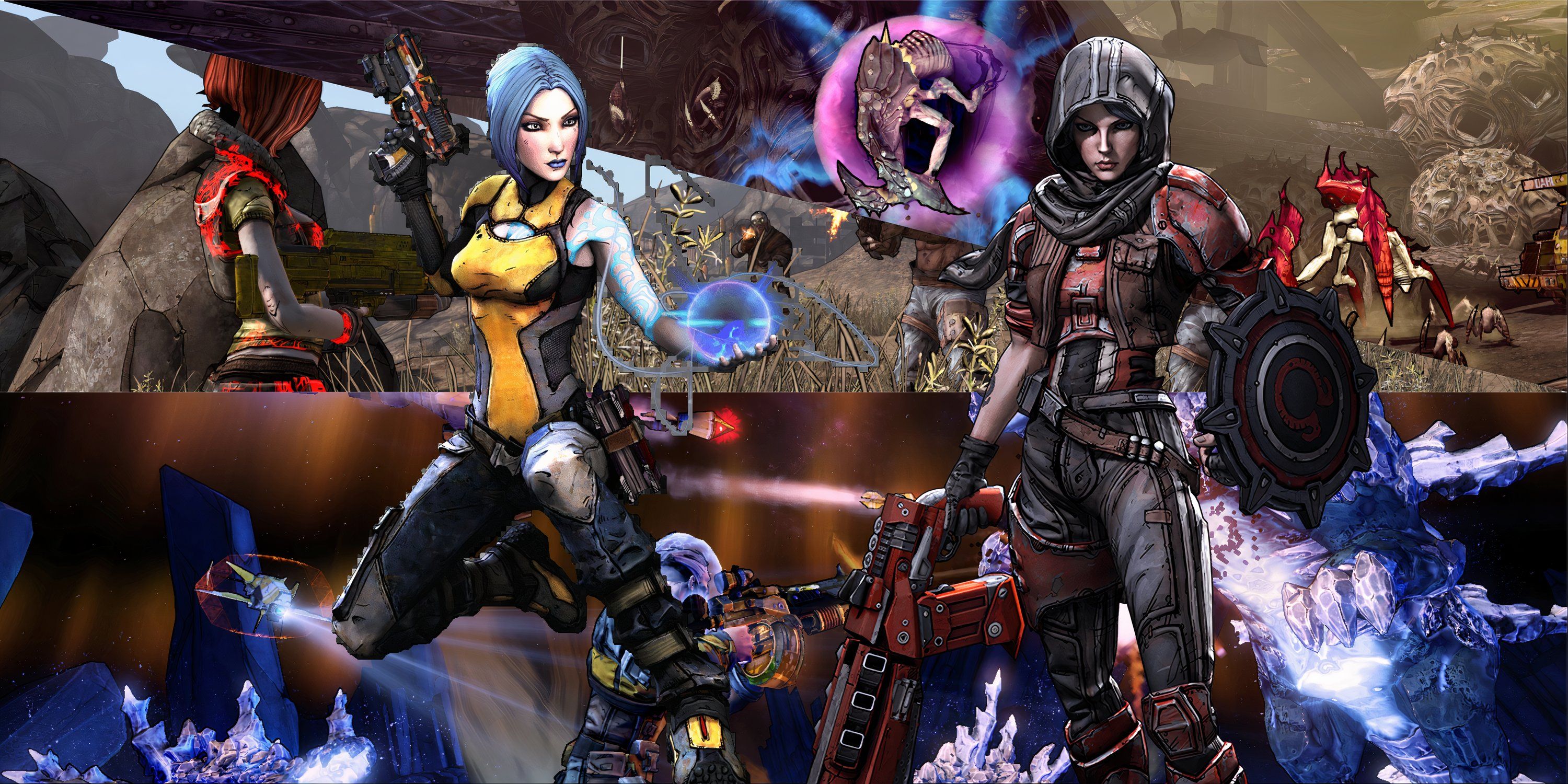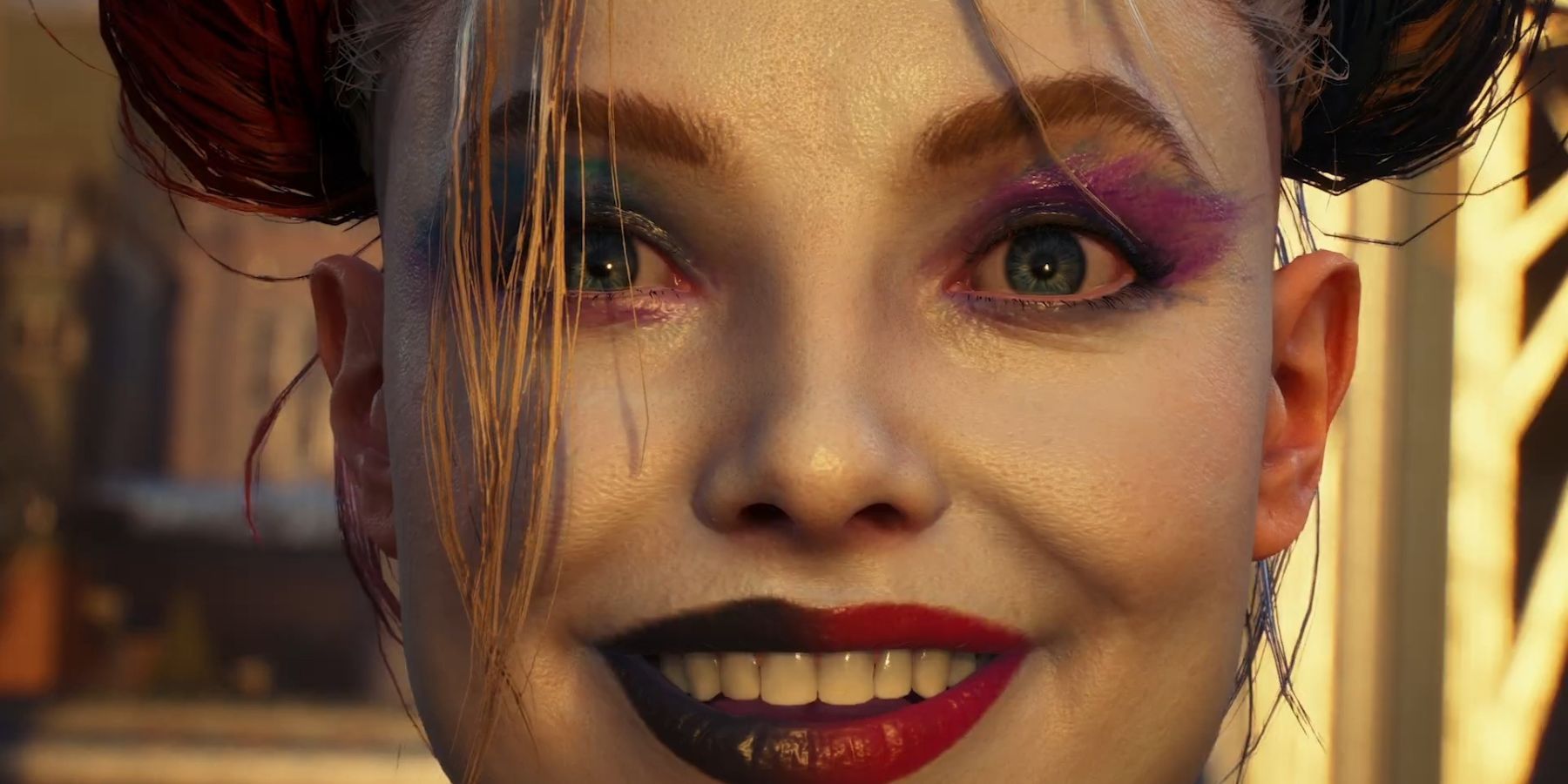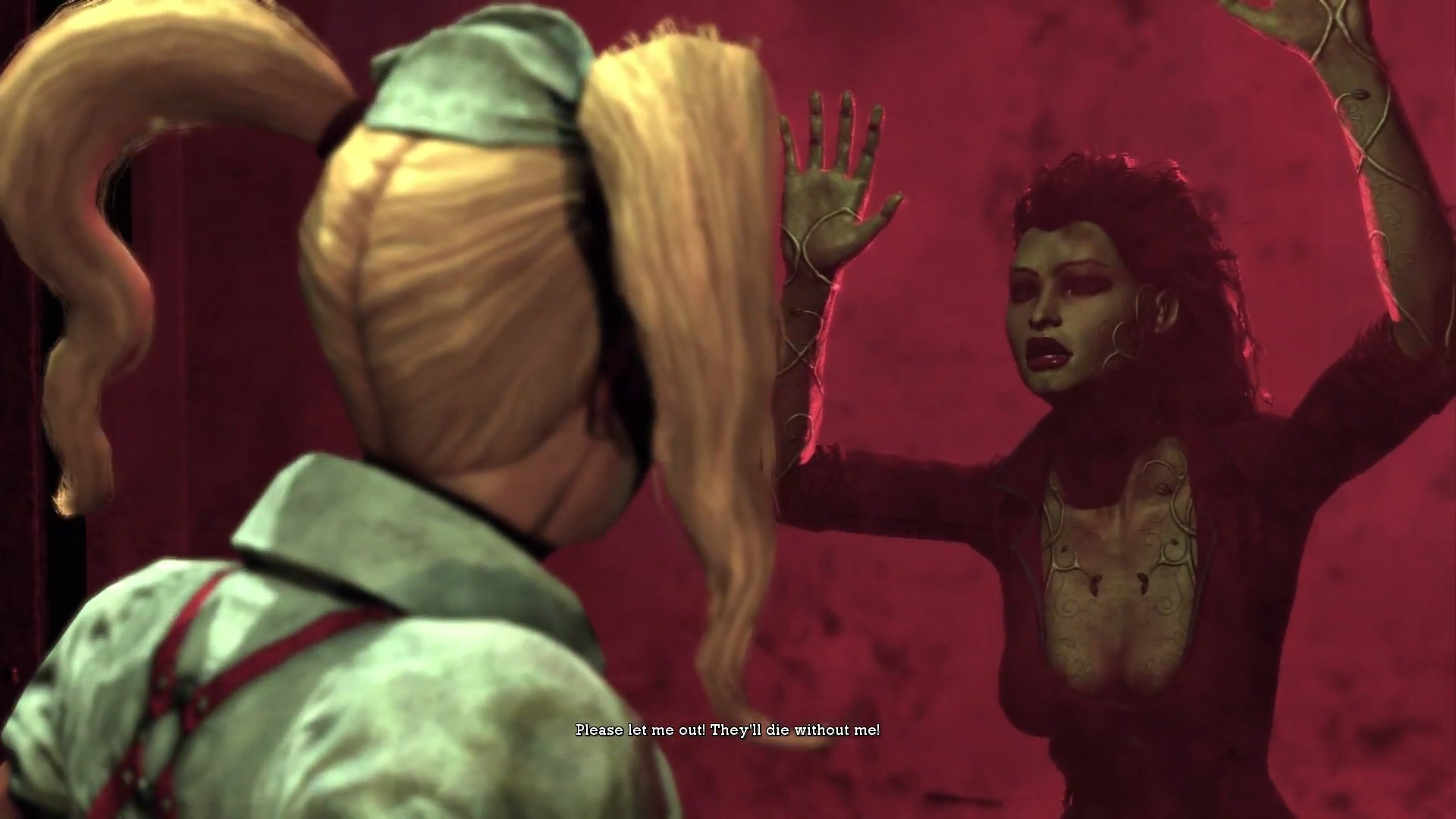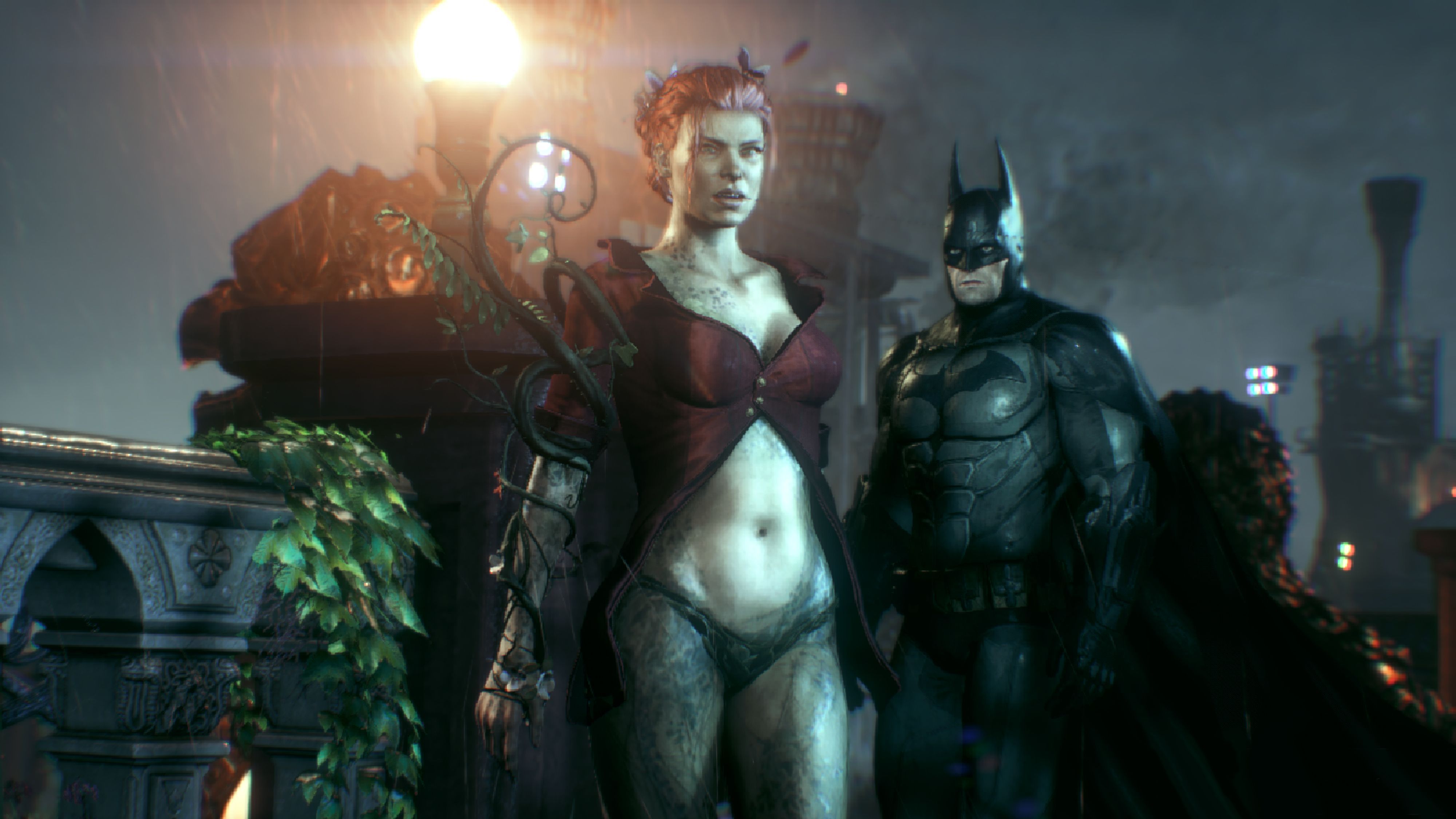Rocksteady and WB Games Montreal’s Arkhamverse tetralogy featuring Batman introduced a great number of antagonists. Some antagonists were backburned for others, while some would go on to become a main villain in a later entry. The Joker is extremely prevalent in the Arkhamverse, for example, and would often overshadow other interesting villain interpretations, such as Batman: Arkham Origins’ Bane. Now that Suicide Squad: Kill the Justice League is on the way, it seems that Harley Quinn is just as paramount to the Arkhamverse as Batman is.
Harley appeared in Batman: Arkham Asylum as a henchwoman that Joker would bat around, while in Batman: Arkham City she appears desperate to help cure Joker and grieves for him once he passes away. Batman: Arkham Origins is an origin story for Harley as well as several other characters, where fans get to briefly see her fall for Joker, and Batman: Arkham Knight shows a Harley who is running her own crime syndicate. In Suicide Squad: Kill the Justice League, it will be interesting to see if Harley’s acquaintance with Poison Ivy will have had any lasting effect on her.
Kill the Justice League Should Reminisce on Harley Quinn and Poison Ivy
Harley Quinn and Poison Ivy are known to become intimately close in modern comic book media, but their relationship in the Arkhamverse has never been quite so clear. Harley seems indifferent toward Ivy in Batman: Arkham Asylum, for example, and releases Ivy from her locked chamber on a whim.
However, there is no indication in their interaction that the Arkhamverse includes a previous romance or other history between the two. In fact, Catwoman seems to have a more discreet relationship with Ivy than Harley does, given that her DLC chapter includes an encounter between them. It is possible that Rocksteady could supplant a history between Harley and Ivy that was never seen during any of the games, which would be favorable to see discussed in Suicide Squad: Kill the Justice League’s narrative.
Because Suicide Squad: Kill the Justice League is finally an Arkhamverse entry seen exclusively from the perspective of DC villains, it would be incredible to see what this relationship and other villain relationships are like given the context. Unfortunately, the events of Batman: Arkham Knight may have made any sort of rekindling for a repurposed relationship impossible, since Poison Ivy is dead.
Poison Ivy’s Death Could Trigger a Change in Harley Quinn
Poison Ivy’s death in Batman: Arkham Knight is a heroic self-sacrifice that would have been wildly uncharacteristic in either of her previous Arkhamverse appearances. Immune to Scarecrow’s fear toxin, Ivy exhausts all of her energy in spreading a cure, and becomes one with nature. This would be a satisfying conclusion for the character if not for one of Suicide Squad: Kill the Justice League’s earliest trailers, which shows a massive plant emerging from the ground with its vine wrapping around Task Force X. There are fan theories that believe Ivy never actually died in Batman: Arkham Knight but simply needed to become one with the earth again to recover her strength.
That would potentially dilute the significance of her self-sacrifice, but it would allow Rocksteady to reprise Ivy in Suicide Squad: Kill the Justice League. If Ivy truly is returning, this could be a great opportunity to finally share more about her and Harley’s relationship and history, whether that culminates in its own boss fight or not. Otherwise, if Ivy is legitimately deceased, then that self-sacrifice could inspire Harley to do the same at some point in Suicide Squad: Kill the Justice League.
Suicide Squad: Kill the Justice League is in development for PC, PS5, and Xbox Series X/S.


